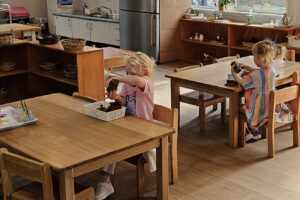2024 Newsletter Term 02 | Issue 03
- Posted by Farmhouse Montessori School
- Categories Farmhouse News
- Date June 23, 2024
Upcoming events & Important Dates

| Jun | 20th | Preschool Parent Information |
| July | 5th | Aikya and Yani Expo |
| July | 5th | Last Day of Term |
| July | 22nd | Staff Development Day – Whole School – Pupil free |
| July | 23rd | First Day of Term 3 |
| Aug | 5th-9th | Primary Parent Observations |
| Aug | 13 & 15th | School Photos – Preschool |
| Aug | 14th | School Photos – Primary Campus |
| Aug | 15th | Preschool Tour 4.15pm |
| Aug | 19th-23rd | Primary Parent Conferences |
Principal’s Message
 Dear Farmhouse Montessori Families,
Dear Farmhouse Montessori Families,
Thank you for Attending Farmhouse Cocktail Party and Twilight Art Gallery
Thank you for joining us for our Cocktail Party and Twilight Art Gallery on May 31st. It was delightful to see primary and preschool families attend. A special thanks to our staff and parent volunteers for putting such a well prepared evening together. If you are still interested in purchasing your child’s artwork, you may do so at reception at the preschool or at the primary school.
Save the date for the Trivia Night on September 21st!
School Disco
This month the primary school enjoyed their first school disco with a crazy socks theme! It was an excellent opportunity for children to pull their crazy socks up and have fun! It was also an enjoyable way to celebrate saying farewell to the building site where the primary school has been based for the past ten years. Thank you also to our parent volunteers.
Annual General Meeting
On Wednesday, June 12th, the school held the Annual General Meeting for the Manly Warringah Montessori Society. The Board Chair’s Report and the Principal’s Report will be circulated among members.
Owna
Thank you to our preschool families for a successful shift from a paper to a digital platform and for signing in and out of your children each day. Thank you to all of our preschool staff, especially Angela at reception, for your efforts in navigating a new system and supporting families. If you have any questions, please let the staff know.
Owna will be phased in for primary families next Term.
School Reports
A reminder that Semester 1 reports will be issued at the end of Term 2 and there will be an opportunity for parent-teacher conferences in Term 3. These opportunities are informative ways to connect with your child’s teacher about their progress. In the meantime, if you would like to meet with your child’s teacher, please make an appointment via email or at reception.
Kind regards,
Alia James | Principal
PRIMARY SCHOOL COORDINATOR’S MESSAGE

Dear Farmhouse Montessori Families,
In our most recent book club session of Between Parent and Child we discussed responsibility. How do we guide children to consistently practice their musical instruments, complete their chores, or clean their room? The truth is, we don’t.
A common misconception is that children will adhere to a set routine of practice. The truth is, responsibility cannot be forced; it must be nurtured from within. Instead of coercion, Ginott advocates for cultivating a relationship built on mutual respect. This doesn’t mean we let children go to bed whenever they want or stay up all night watching television. What it does mean is that one of the main ways your child will learn how to value something is observing how the adults around them value things.
So Ginott is saying that rather than shaping our children into what we want them to be through repetitive commands, let’s strive to be the kind of individuals they aspire to emulate. It’s about modeling the behavior we wish to see in them.
As Montessorians we know that we provide appropriate opportunities for choice, action, and experiencing consequences. It’s a gradual process, a long-term investment in their character development. Often, we’re drawn to quick fixes or rigid tactics, believing they’ll yield immediate results. Yet, true responsibility stems from genuine valuing of tasks and commitments.
So, when faced with challenges like attending classes, let’s prioritize the long view over the short term results.
If you are interested in more about this topic I encourage you to read chapter 4 of Between Parent and Child by Haim Ginott.
Kind regards,
Chris Deery | Primary School Coordinator
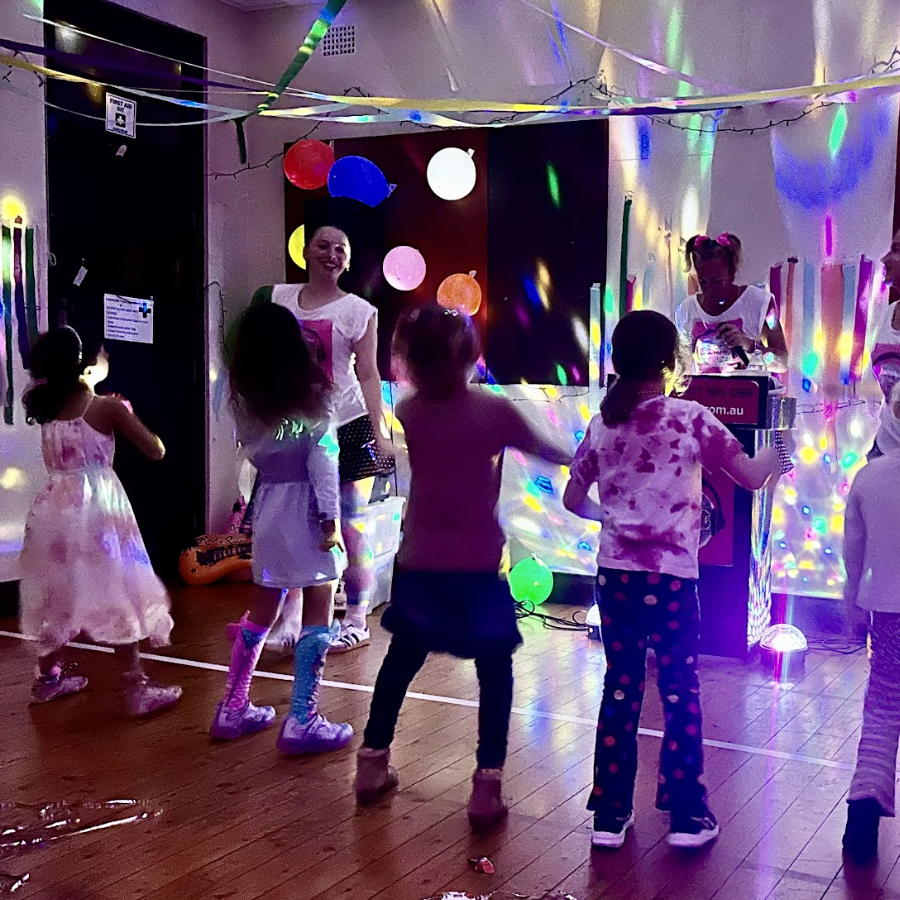

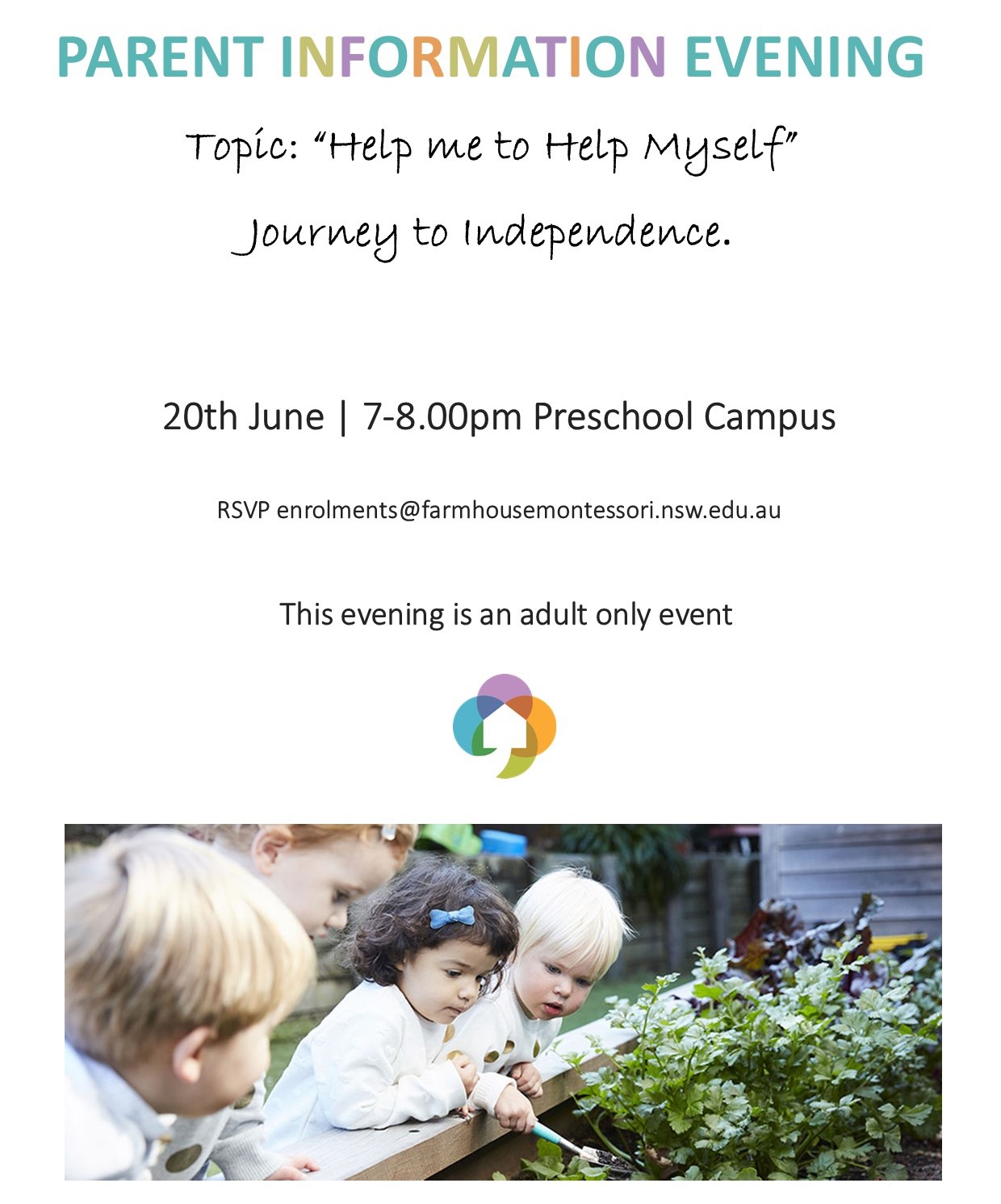


ELOUERA | Stage 1 Infant Community
In our previous newsletter, we emphasised the significance of gross motor skills. However, it’s equally important to recognize that half of the activities in the toddler classroom are specifically designed to develop and refine fine motor skills. The practical life area alone offers numerous opportunities for enhancing hand control movements and eye-hand coordination, both of which are crucial for reading and writing development.
Our young learners have been engaged in various activities such as using scissors, threading beads, manipulating playdough, practicing basic sewing techniques, and using paintbrushes for painting and gluing. These activities not only boost fine motor skills but also serve as excellent tools for fostering essential pre-writing abilities.
— Corinne, Anniebelle, Nina, Sarah.
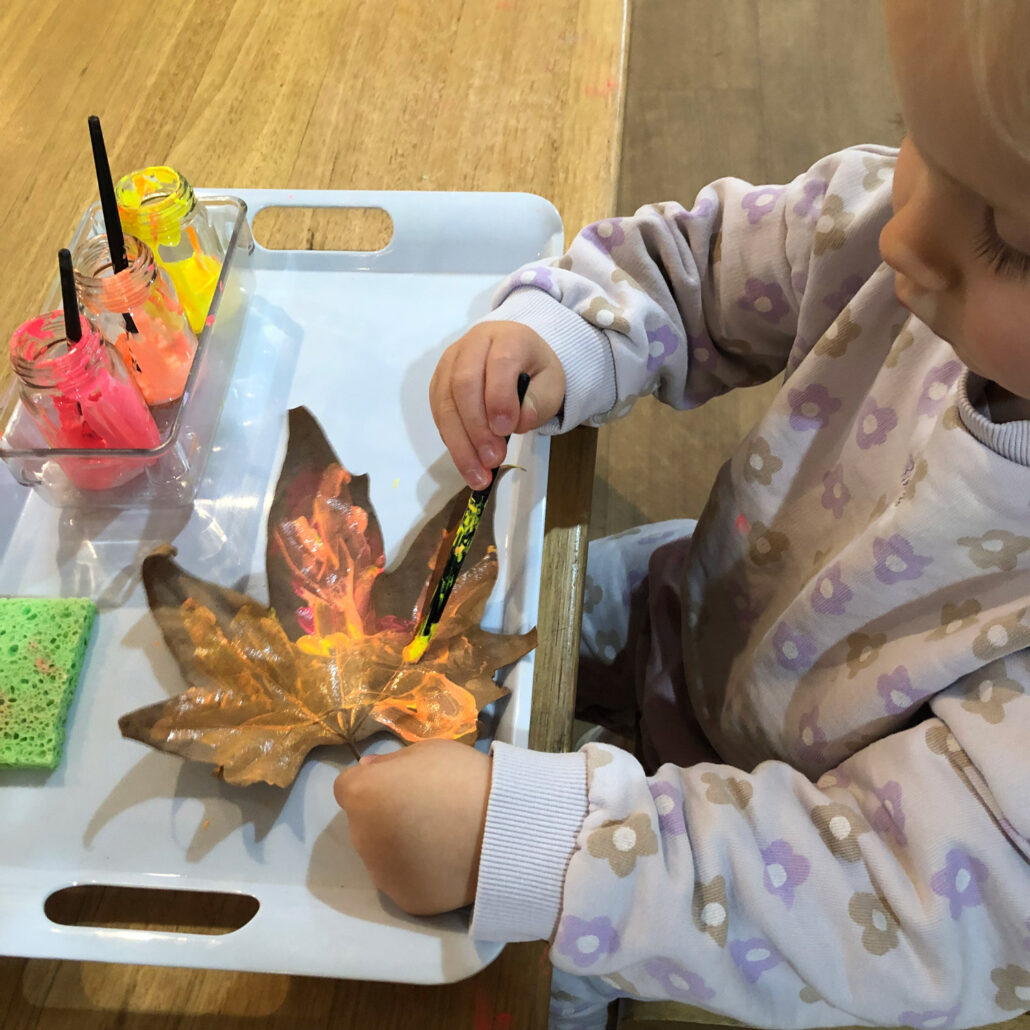
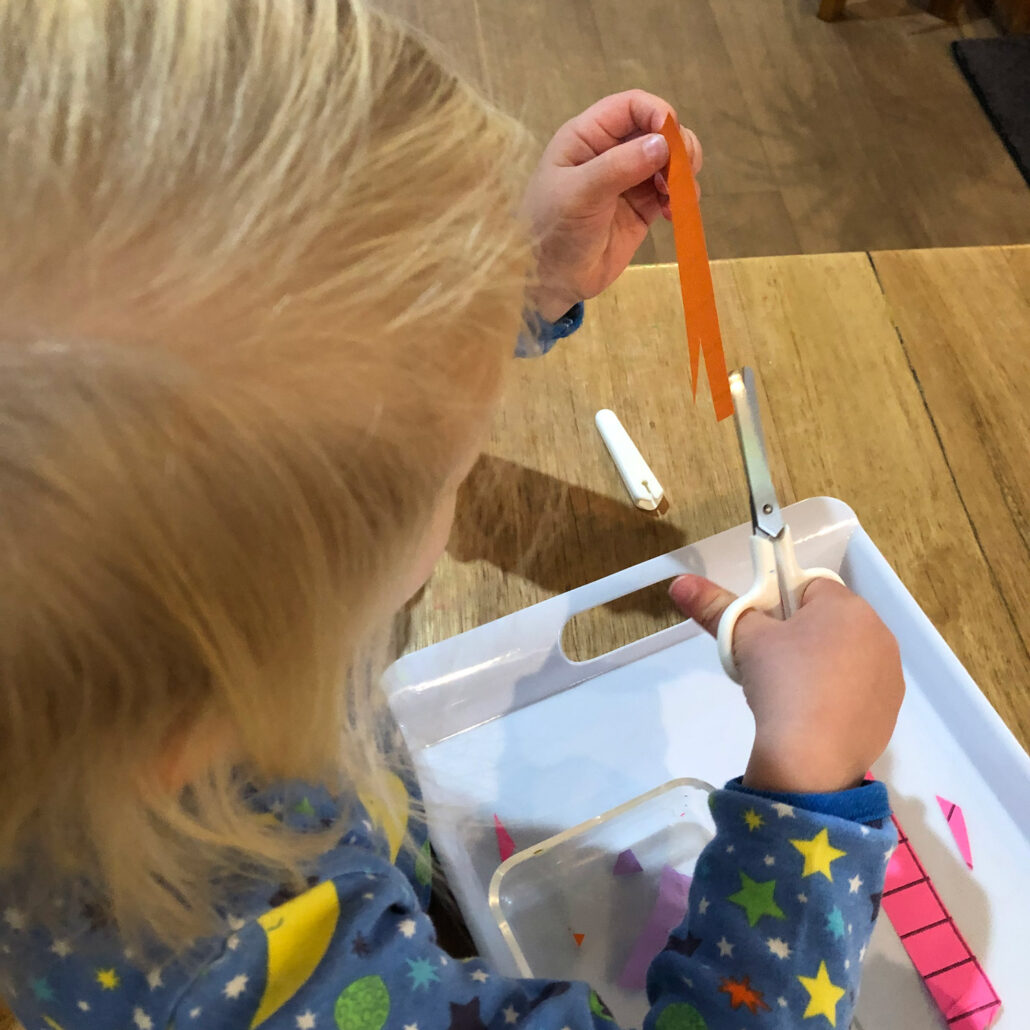
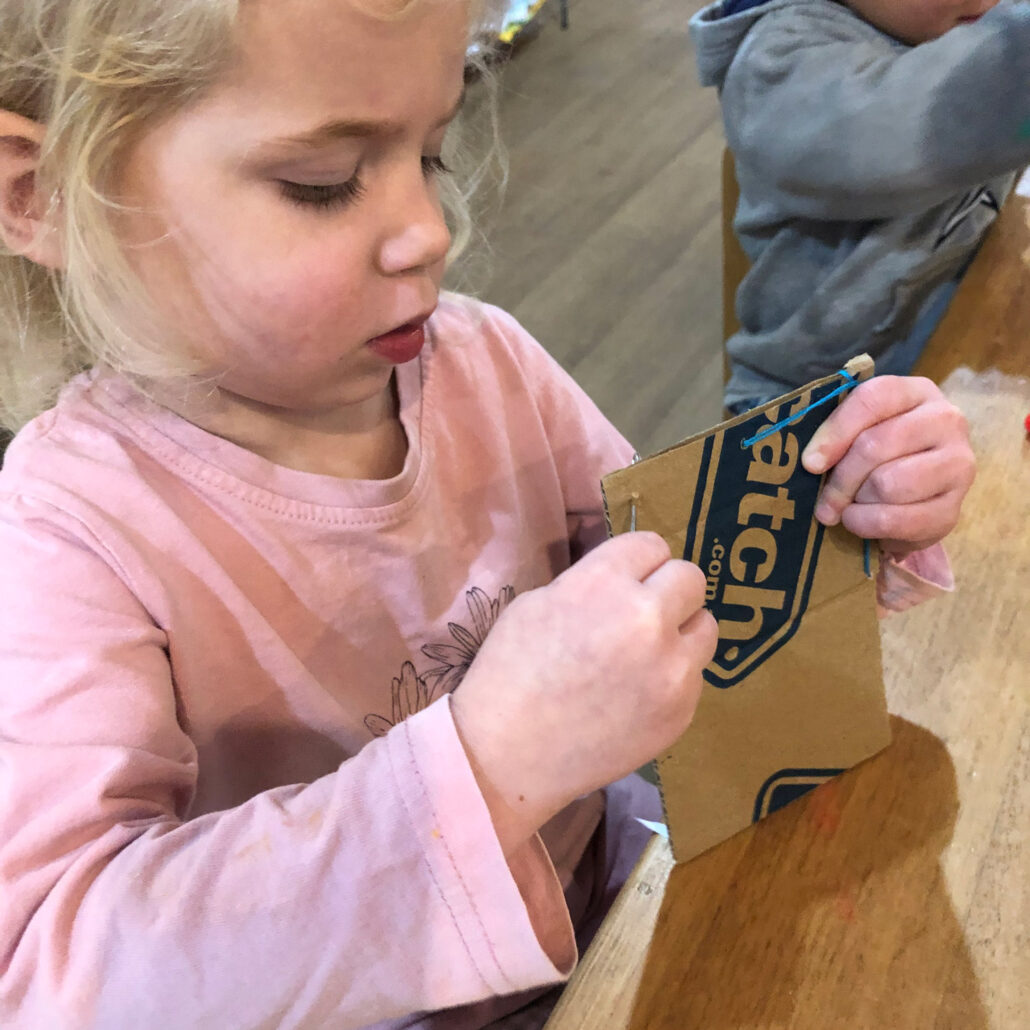
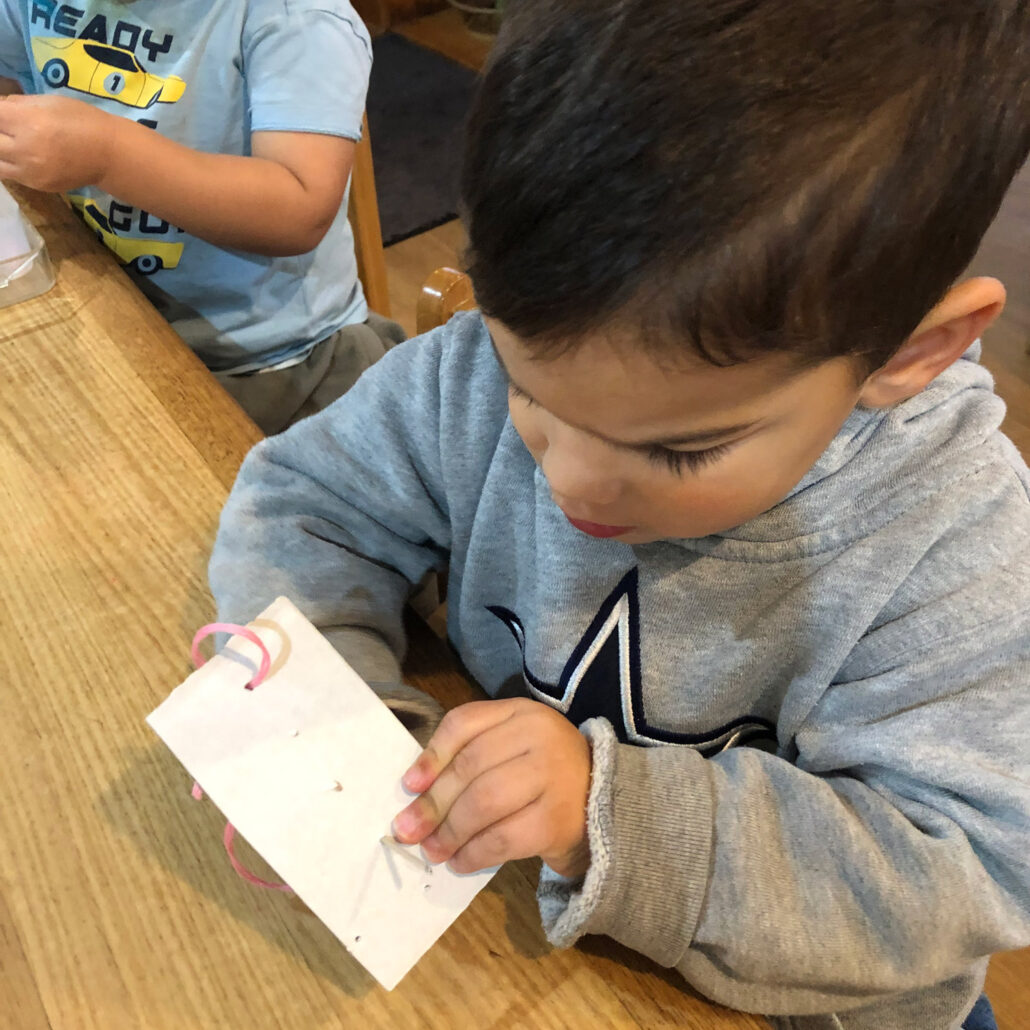
BURBANGANA | Stage 1
The Importance of Early Literacy
Early Literacy means helping children at Farmhouse Montessori to develop a rich vocabulary, self-expression and an understanding of reading. These tools are what young children need to become successful readers and lifelong learners.
In Burbangana the children interact with books, write, draw, speak and listen in a way that allows them to communicate effectively and to make sense of the world around them.
Exposing children to literacy skills is vital to supporting success in their schooling and everyday life.
— Teresa, Katherine and Yuko.
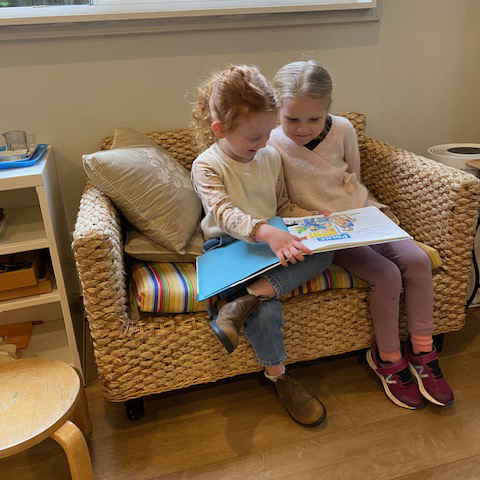

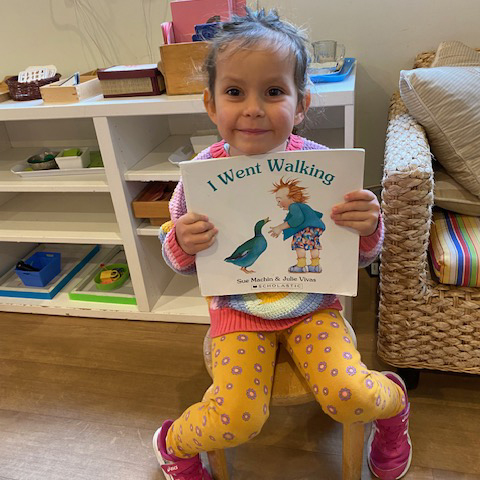

COOINDA | Stage 1
During this term, we have been working on and developing a better understanding of quantities and symbols from 1 to 10 through the use of number rods and cards.
Number rods are a fundamental material in the 3 to 6 years old Montessori environment. These rods help children visualise and internalise the concept of numbers by associating physical length with numerical value. Starting with rods representing quantities from 1 to 10, children progressively learn to understand and recognize numerical order, patterns, and relationships. The hands-on nature of this activity aids in the development of fine motor skills and enhances cognitive abilities, setting a strong foundation for future mathematical learning.
—Catalina, Harshitha, Jo, Claire & Rachel.
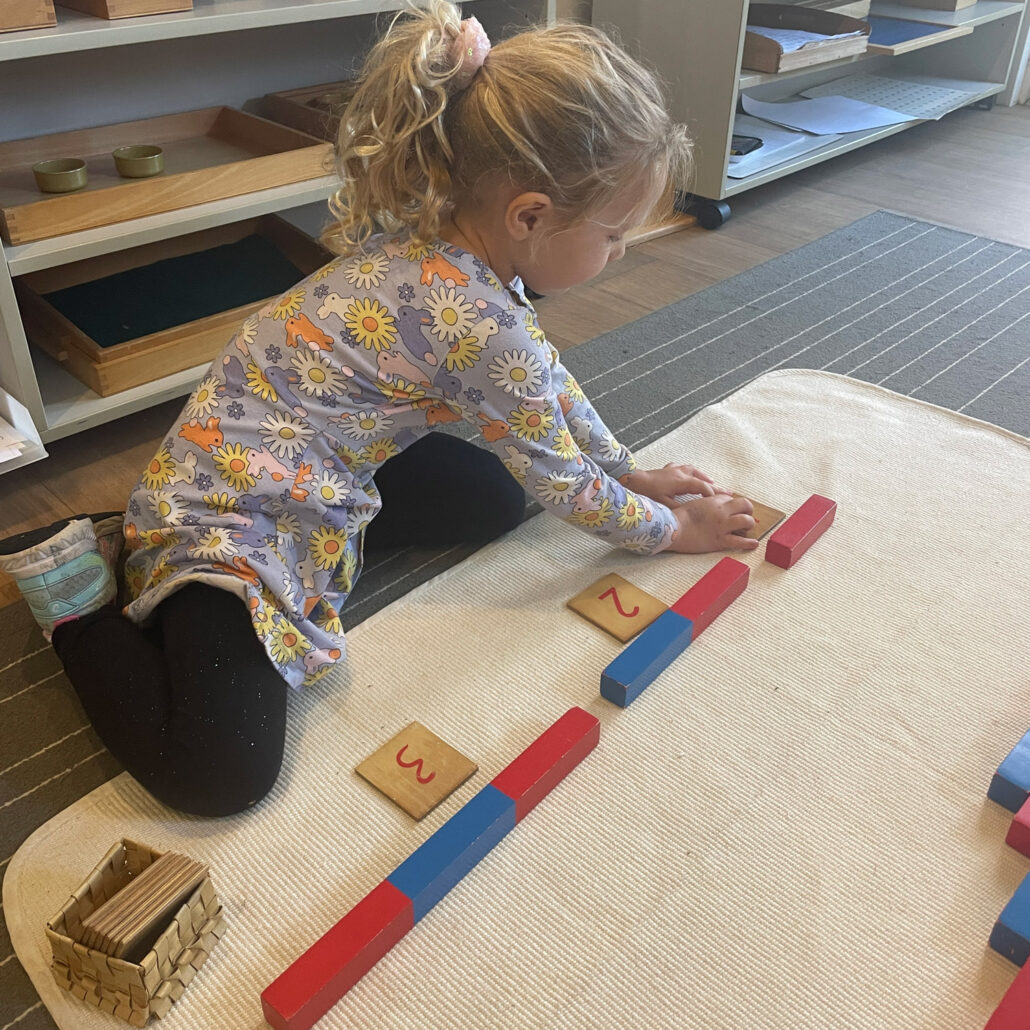

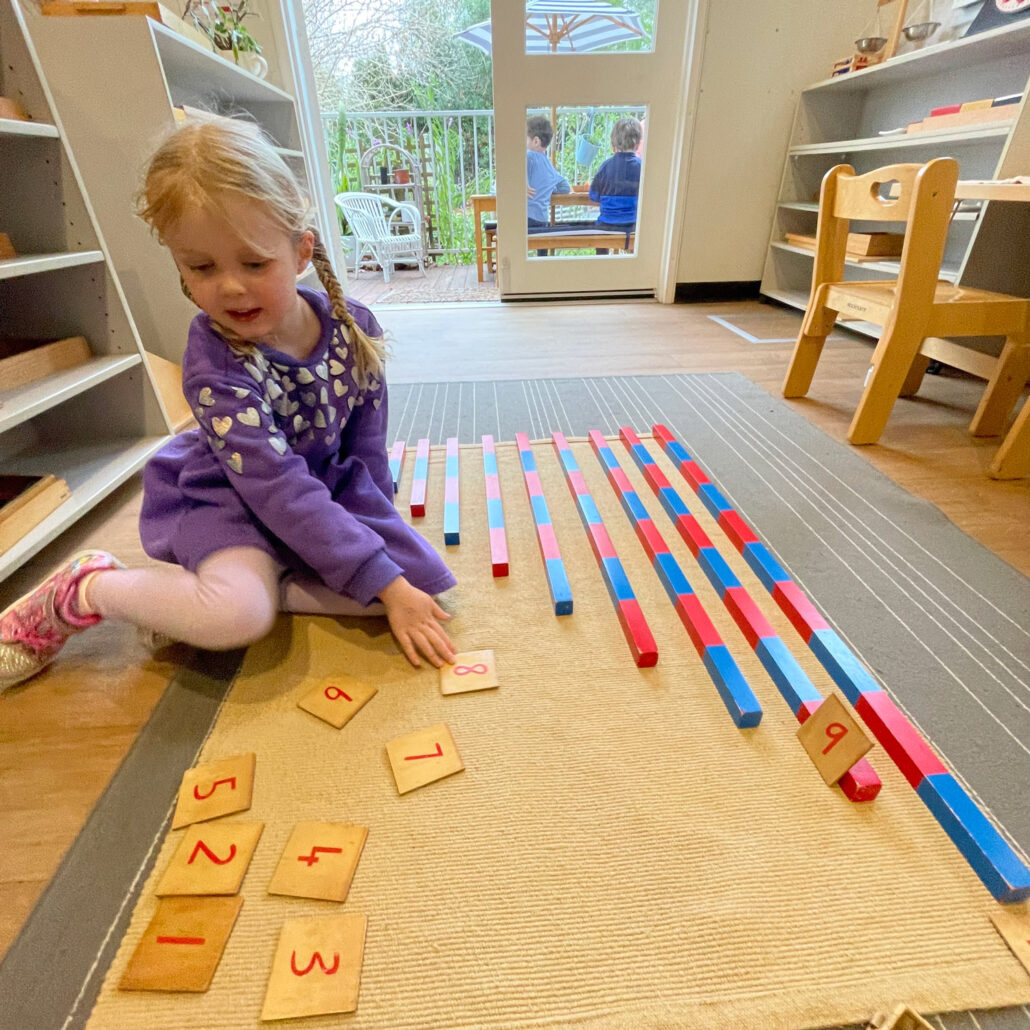
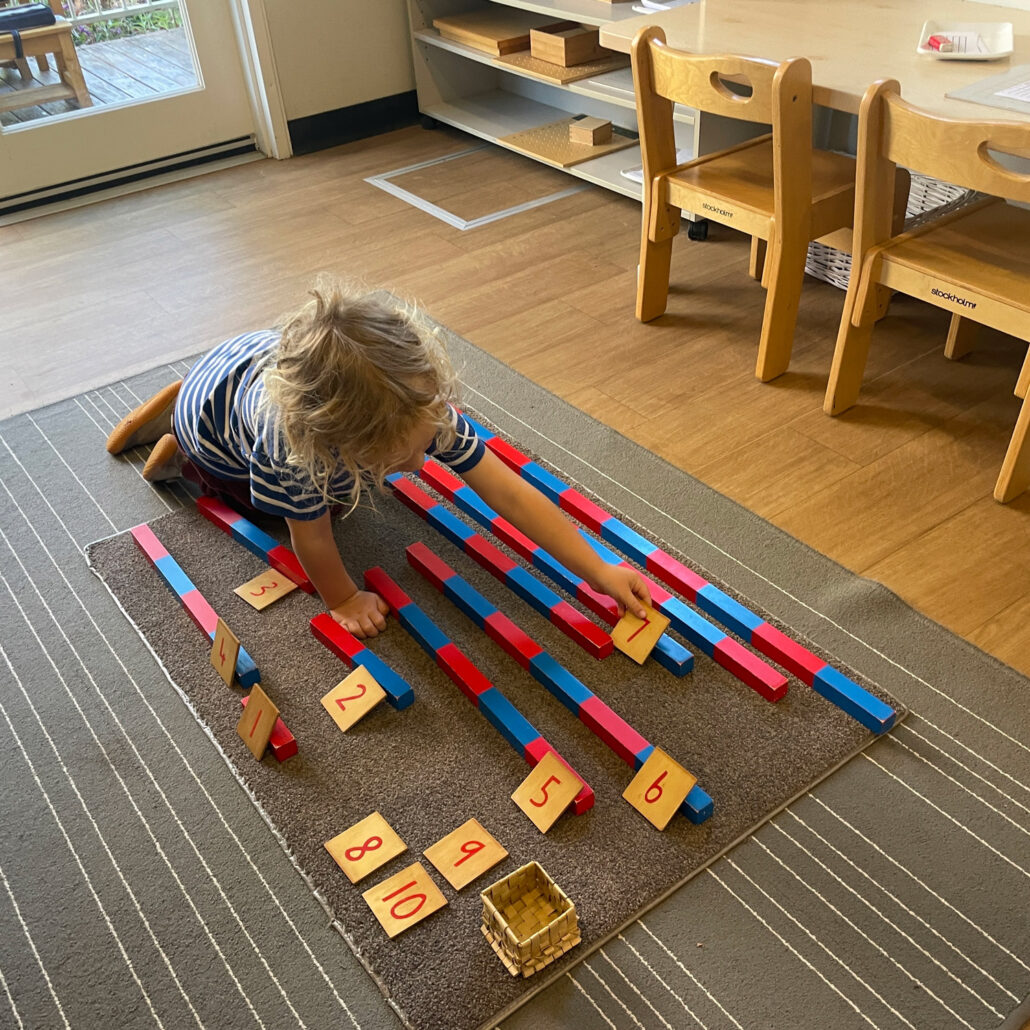
AMAROO | OUTDOOR CLASSROOM
In the Amaroo classroom we use art as a form of expressing our learning. Children use fine paintbrushes, scissors and various mediums. Using different mediums like, torn paper, items from the garden, textured fabrics or smooth paints helps to develop fine motor skills and strength in their hands for writing. It also provides an opportunity for imagination, creativity, focus and concentration. This is often done sitting in a group situation with opportunities to share ideas, thoughts and knowledge.
I will often hear the children repeating what we have talked about in the group before we begin the artwork e.g., “I like the waterholes and the mountains you have painted, see my tracks and trees?” (During reconciliation week when we wrote stories, painted pictures and told stories using finger puppets using aboriginal art symbols).
– Dawn
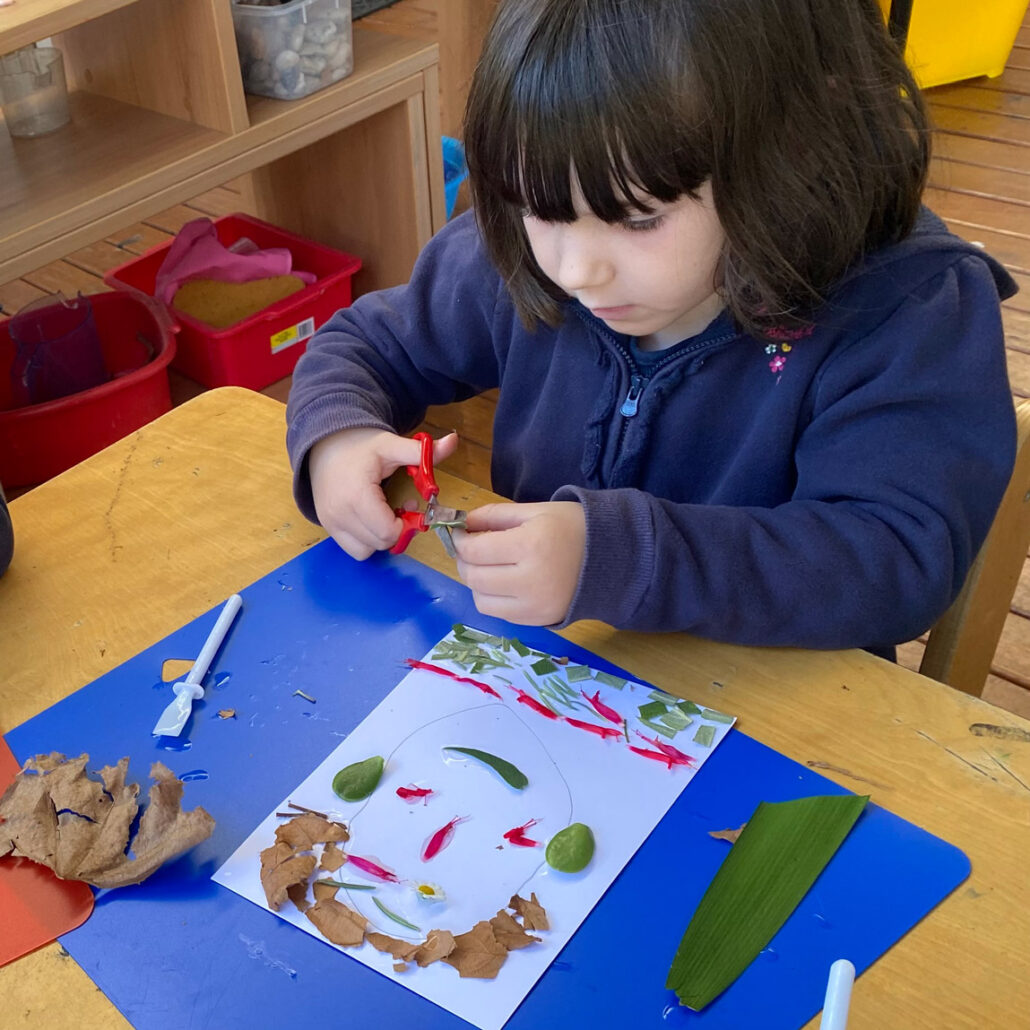

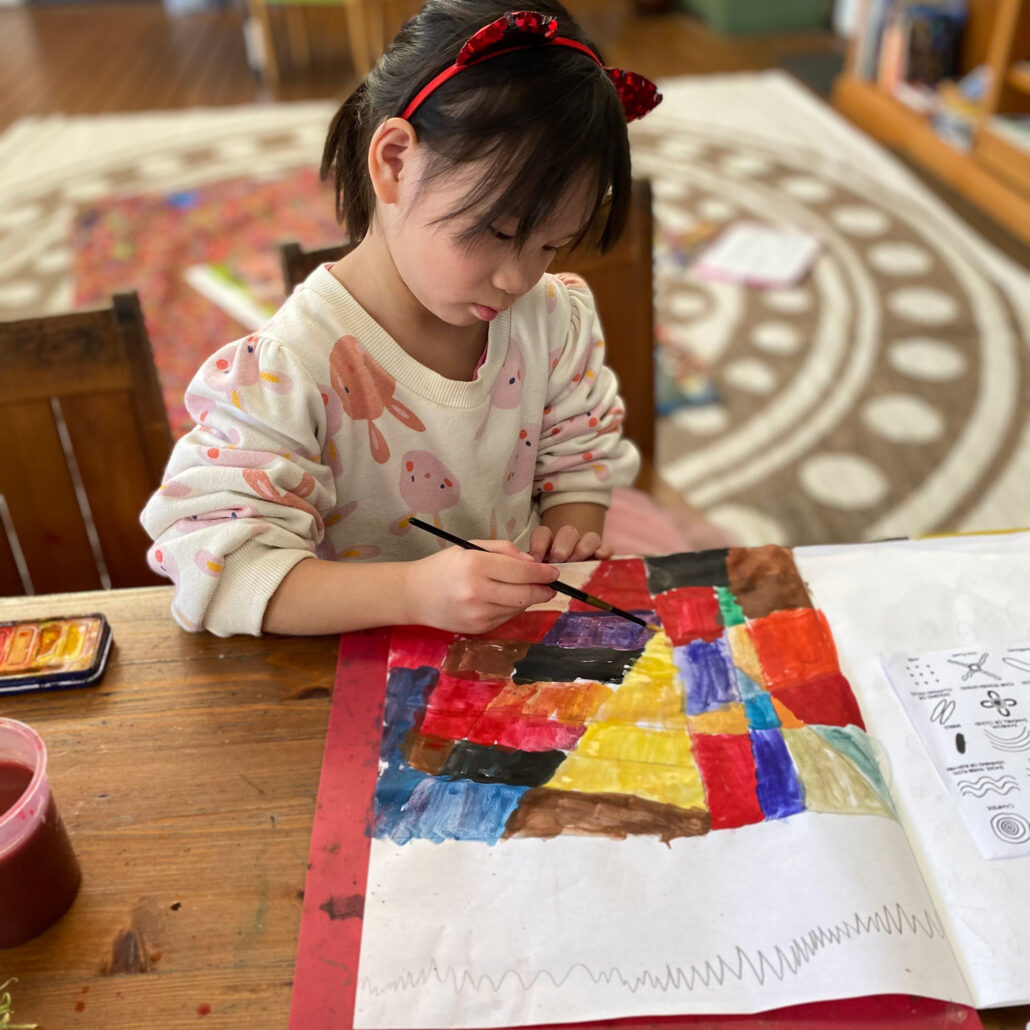
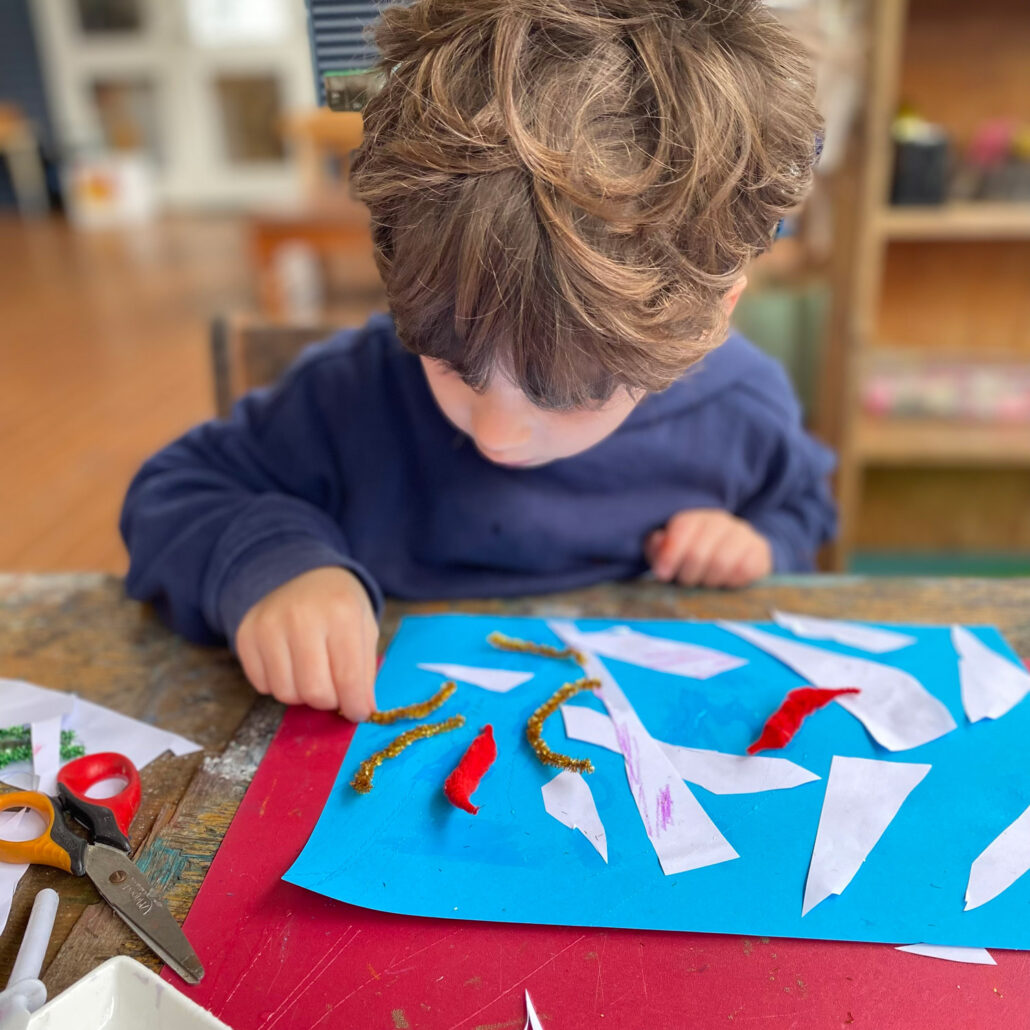
AIKYA | Stage 2
Our focus over the past two weeks has been particularly rich and meaningful as we commemorated Reconciliation Week, Sorry Day, and Mabo Day.
Reconciliation Week, Sorry Day, and Mabo Day: Enriching Our Understanding
In honour of these significant events, our classroom discussions have been deeply engaging and insightful. The children have explored the profound histories and cultures of Indigenous Australians through various themed works and cultural studies. We’ve delved into biographies of influential Indigenous figures, gaining a deeper appreciation of their contributions and legacies.
Fundamental Needs of Humans: A Comparative Study
We’ve also applied our understanding of the fundamental needs of humans to learn how ancient Indigenous Australians thrived for millennia. This comparative study has provided a holistic view of survival and sustainability, highlighting the ingenuity and resourcefulness of Indigenous communities. The children are fascinated by the knowledge and practices that have been passed down through generations.
Word Study on Reconciliation
A special highlight has been our word study on “reconciliation.” The children have explored its meaning and significance, not only during this week but as a crucial concept in our everyday lives. Through this study, we hope to instil a sense of respect, understanding, and unity in our students.
Dreamtime Stories: Exploring Narratives
To enrich our cultural studies, we have immersed ourselves in Dreamtime stories. These narratives have provided a beautiful way for the children to connect with Indigenous culture, fostering an appreciation for storytelling and its power to convey important lessons and traditions.
Transitioning to Our New Classroom
While we prepare for our move to the new classroom, the children continue to make the most of our current space. They are thoroughly enjoying the Montessori materials and utilising them to uphold their daily learnings. This period of transition has been smooth, and we are excited about the opportunities our new environment will bring
Until Next time…
The Aikya Children and Teachers.
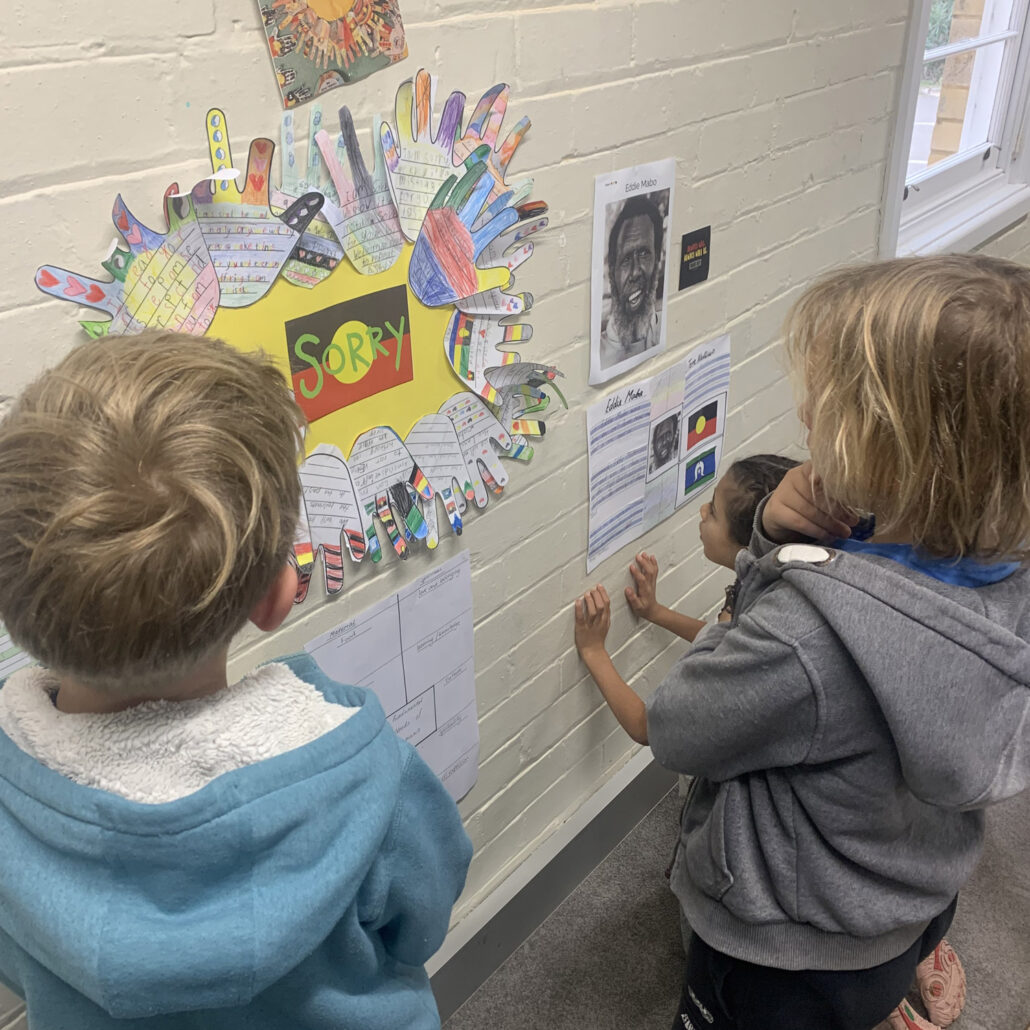
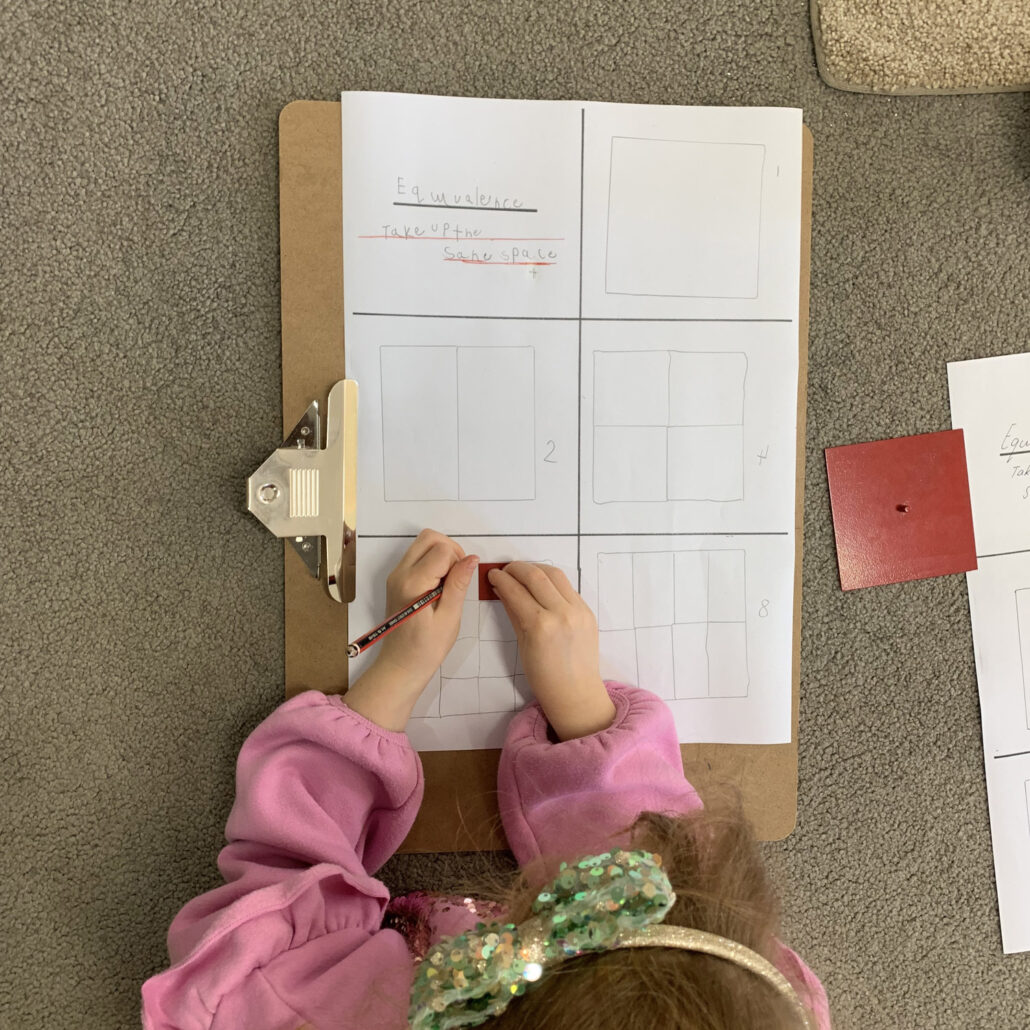
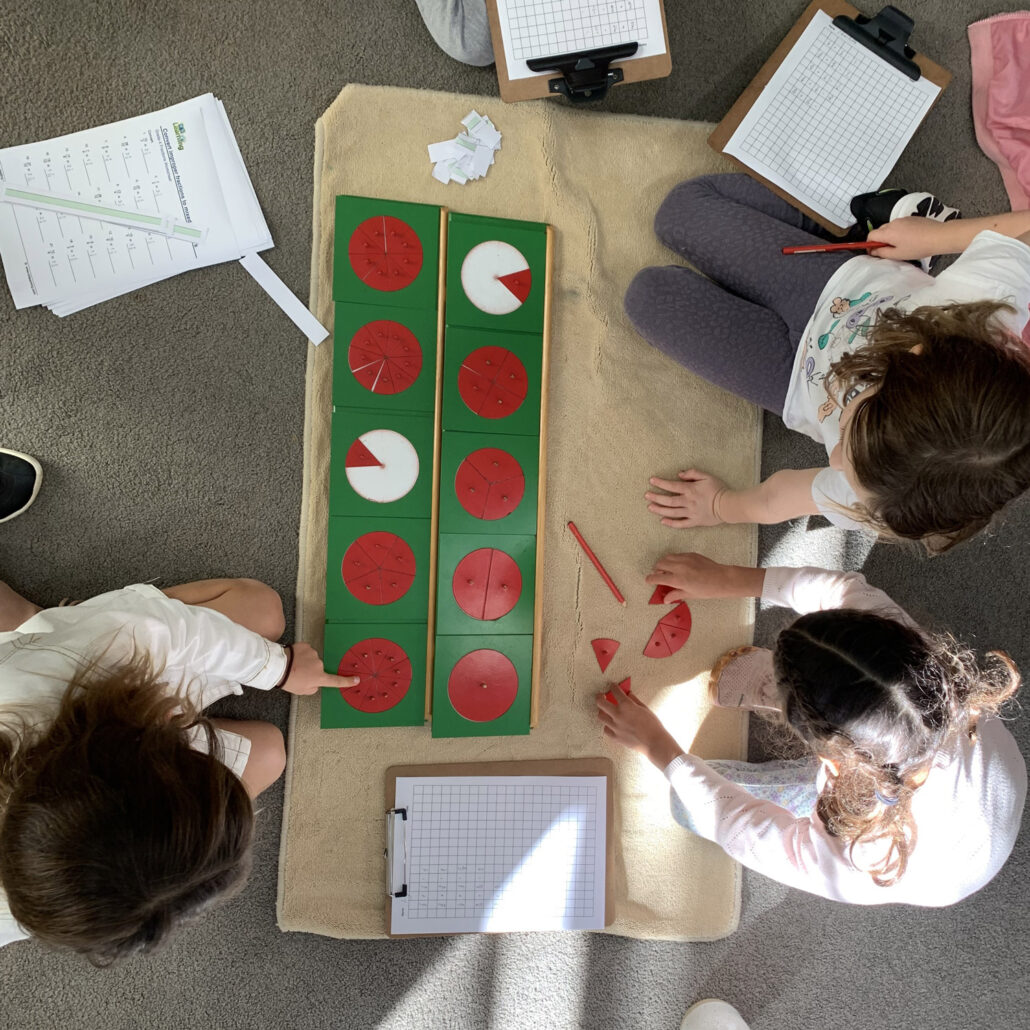
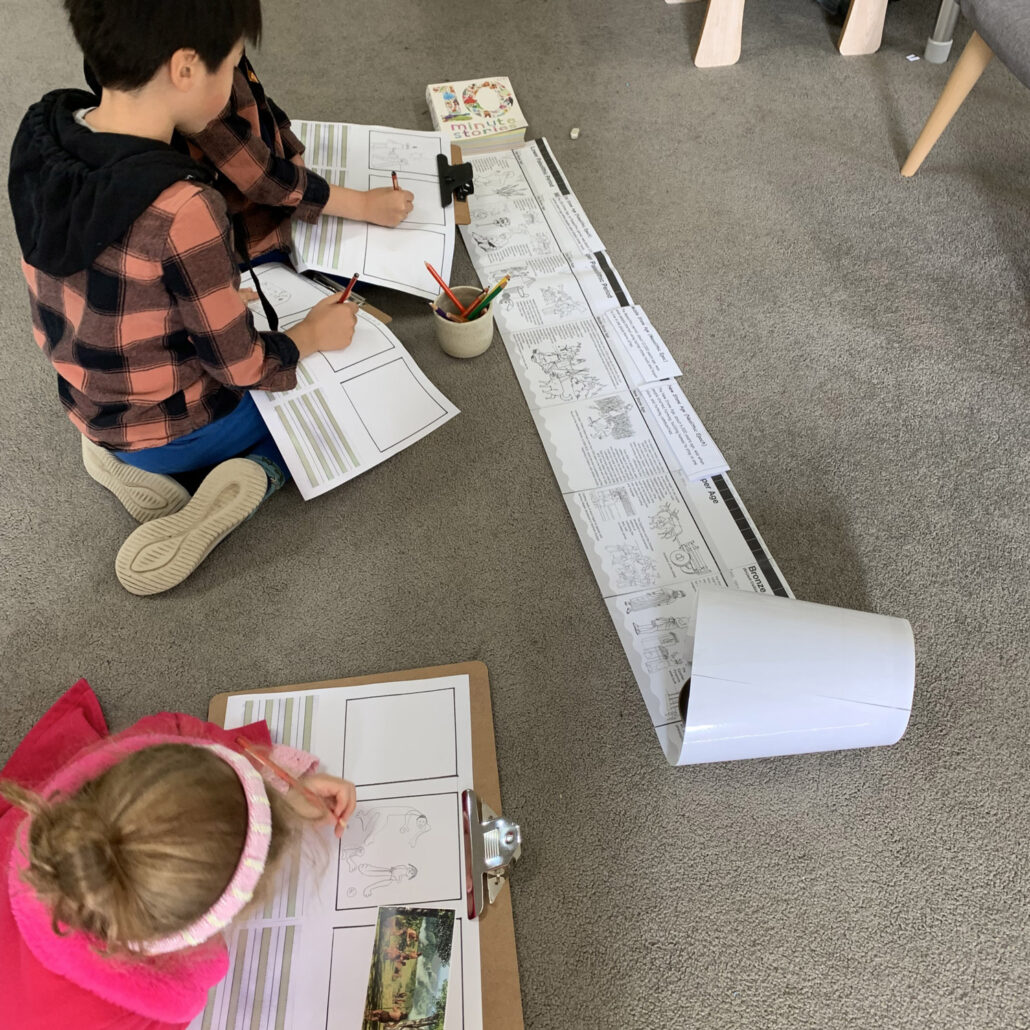
YANI | Stage 3
In the past two weeks, the children in the Yani primary classroom have been engaged in a variety of activities. A highlight was an incursion by Alex from Monkey Baa, who conducted an exciting workshop on improvisation. The session began with warm-up exercises, where the children learned about the neutral pose, a fundamental concept in acting that helps actors become a blank slate ready for any role. The children thoroughly enjoyed playing different games that required them to work together to create various shapes and objects. These activities not only sparked their creativity but also fostered teamwork and communication skills.
Improvisation and art are very beneficial for children. Through improvisation, children develop quick thinking and adaptability, learning to respond spontaneously and creatively to different situations. These skills are invaluable in fostering problem-solving abilities and building confidence. Additionally, art activities like those in the improvisation workshop enhance fine motor skills, improve hand-eye coordination, and provide a joyful outlet for self-expression.
The older children in the classroom have been delving into the Powers Material to explore the concept of cubing binomials. Despite the abstract nature of this mathematical concept, the hands-on materials and colorful cubes have made the learning process engaging and enjoyable. This material helps them visualize and understand complex mathematical relationships.
Meanwhile, some of the students have started learning about procedural writing. They are enjoying writing recipes and other instructional pieces, channeling their creativity into illustrating posters and making booklets. This combination of artistic and academic activities has created a dynamic and stimulating learning environment for the children.
—Laura, Thomas, Ella & Amy Louise.
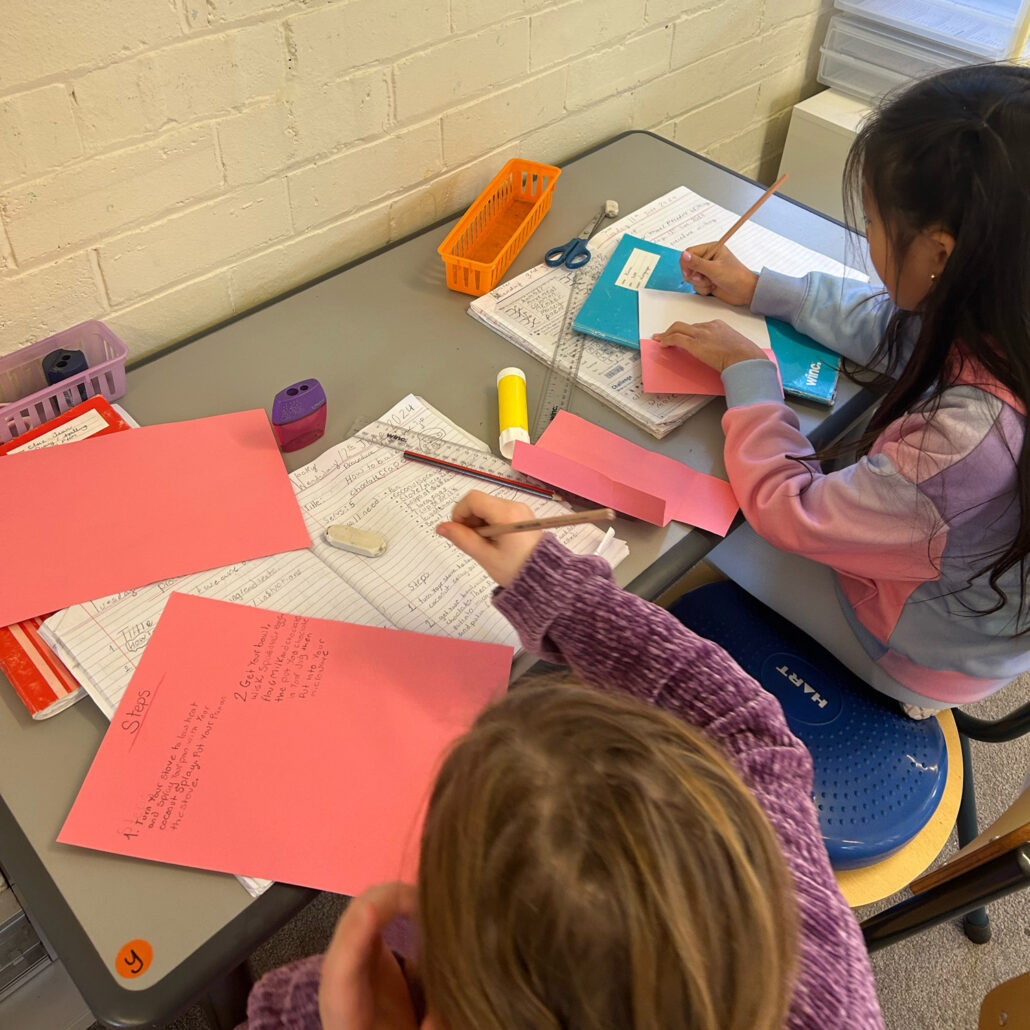
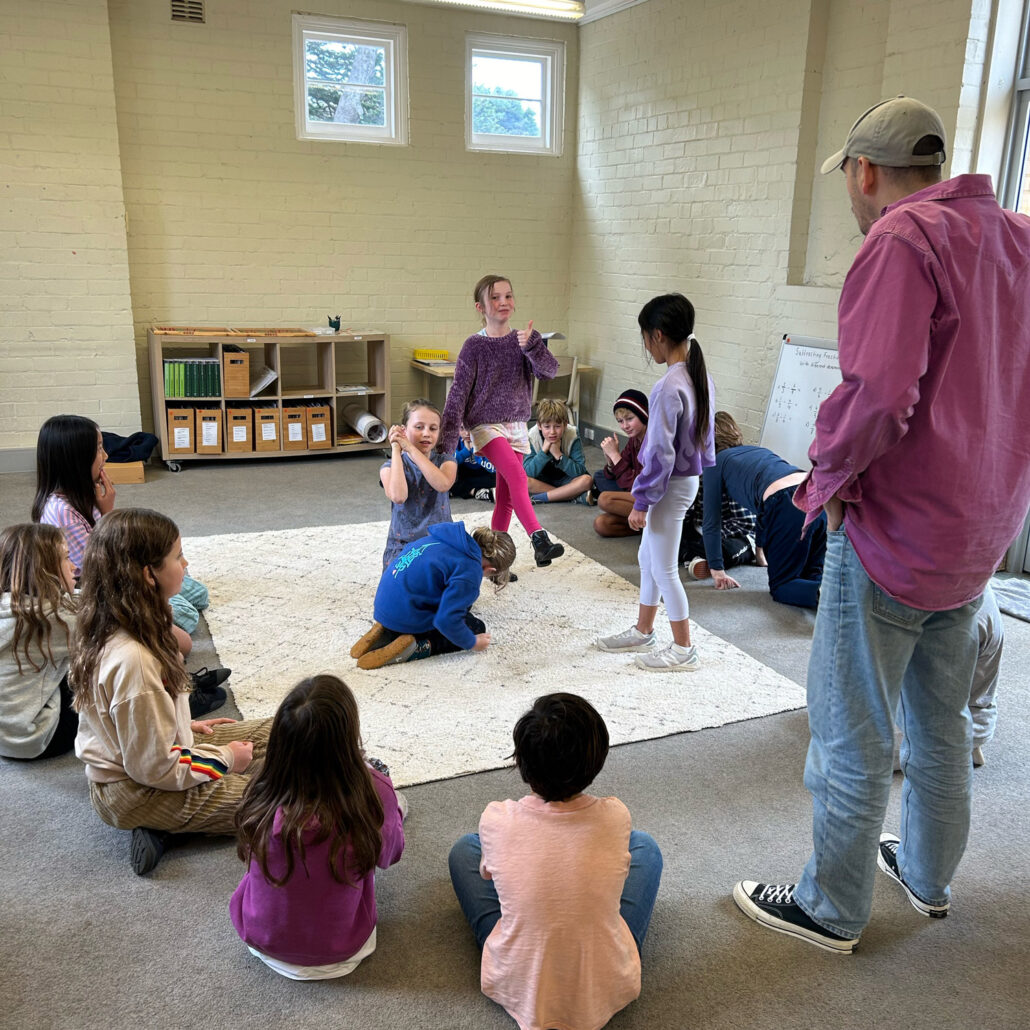
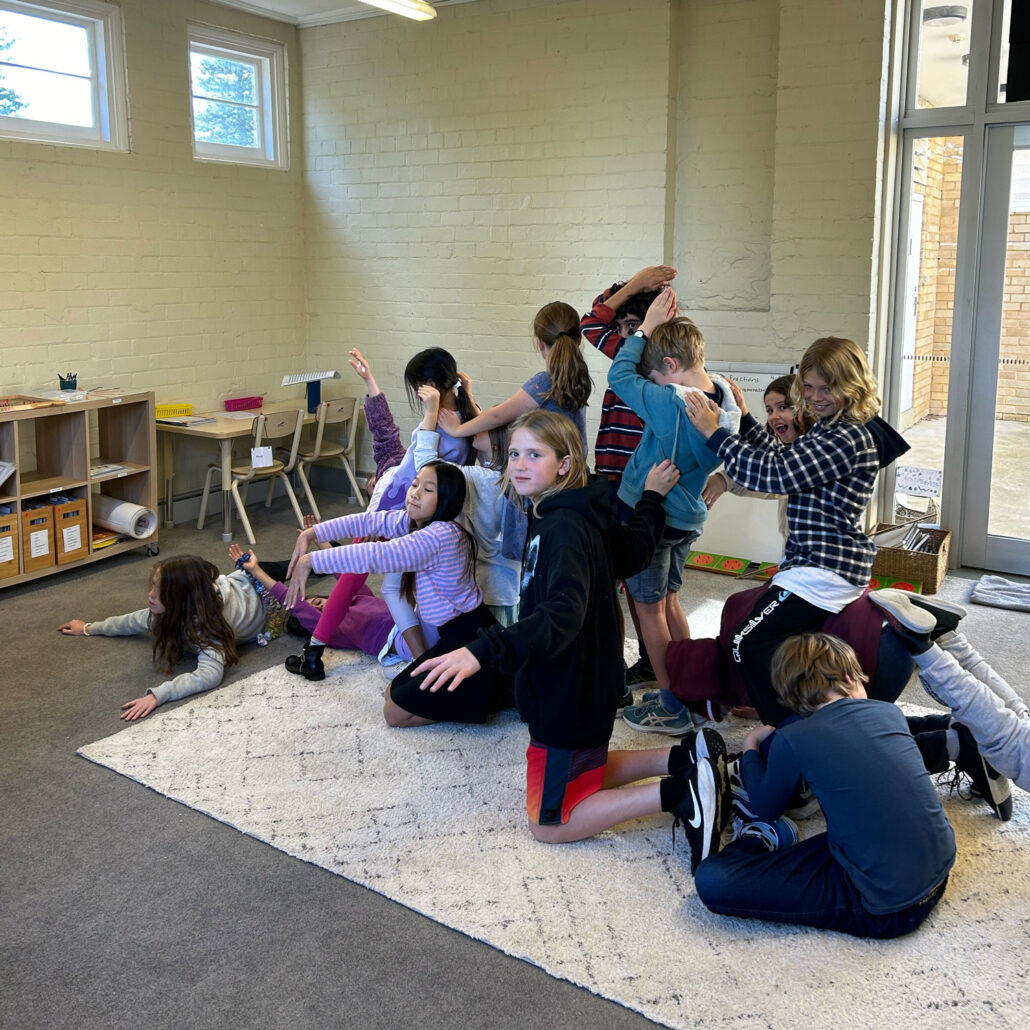

You may also like
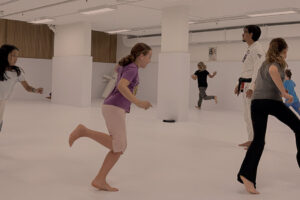
2025 Newsletter Term 02 | Issue 01
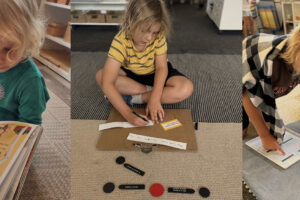
2025 Newsletter Term 01 | Issue 02
